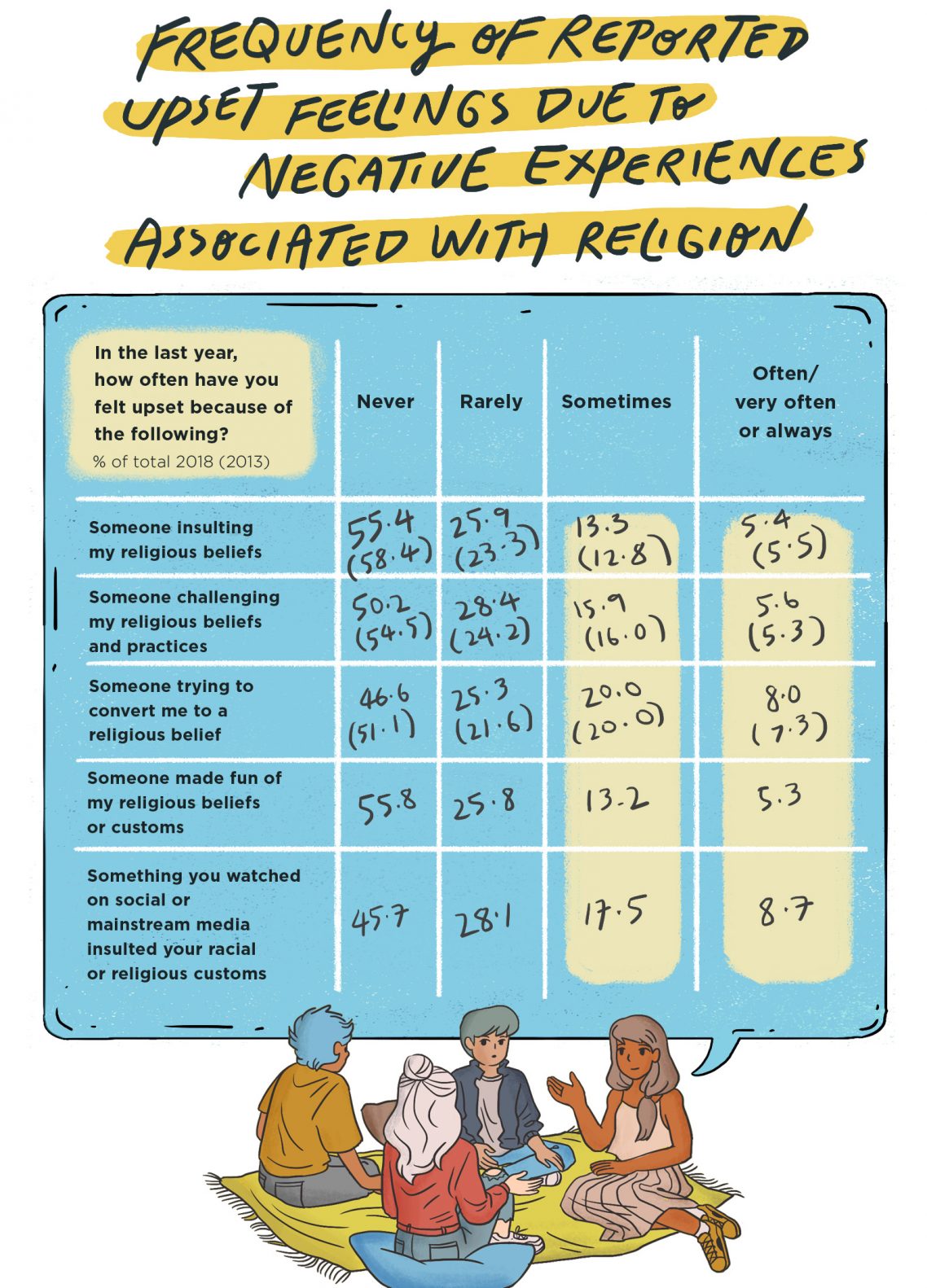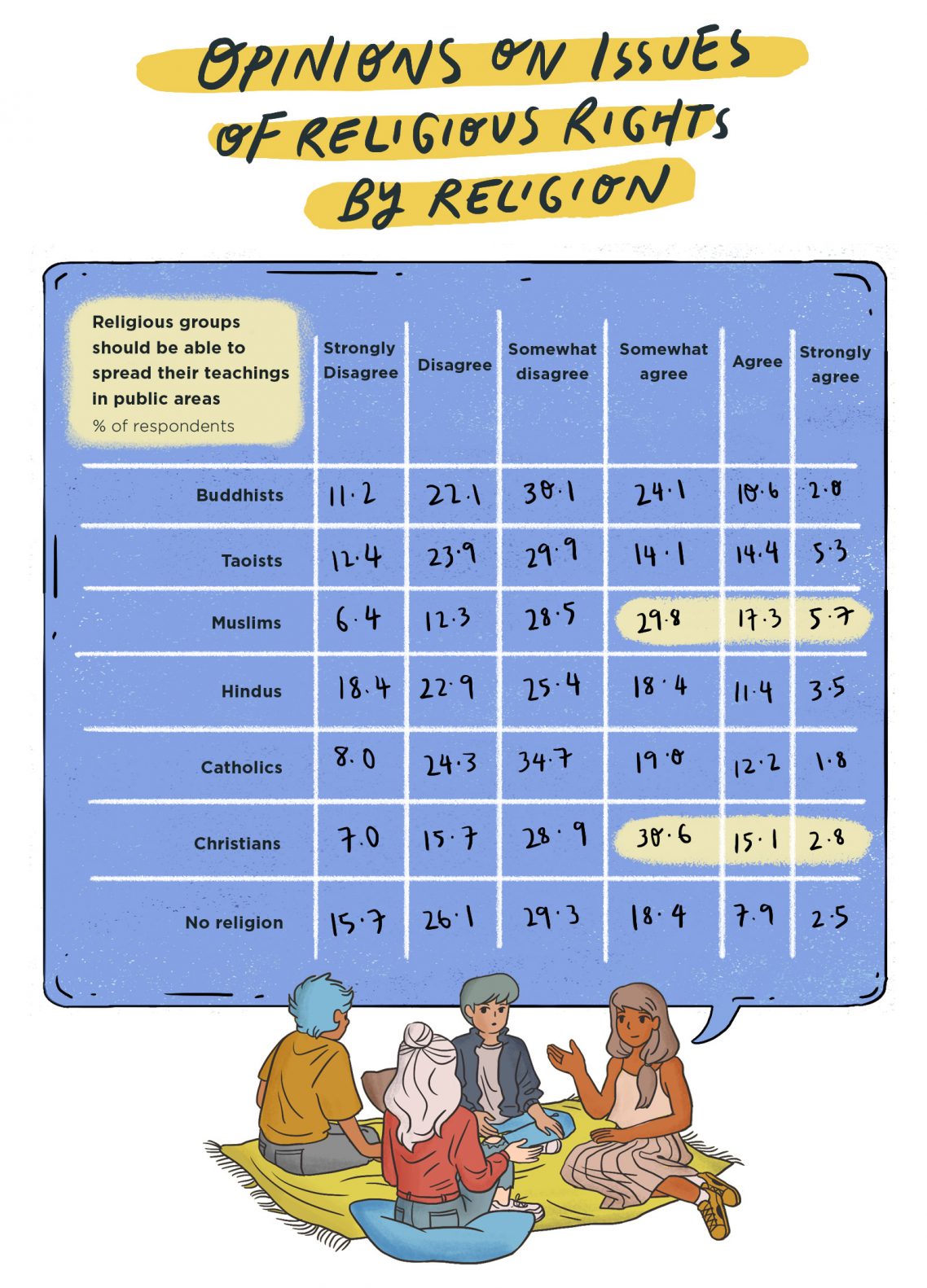In May this year, I worshipped in the midst of a congregation under police guard for the first time in my life. It was not in Singapore, but in Jerusalem. A group had gathered to protest and disrupt the worship concert Tehilot Israel (Praises of Israel) that several Messianic Jewish congregations had come together to organise.
Men and young boys from this group gathered outside the auditorium where the concert was held. They yelled, blew whistles, argued and pushed those attendees at the concert who were trying to get into the auditorium. Some were trying to misdirect attendees elsewhere by giving false information and directions. It was a very messy situation, and the police had to be called in.
Despite the efforts of the protestors, the concert went relatively smoothly. The response of the Jewish believers who organised and attended the concert was exemplary. They did not react with anger or hostility, but even referred to the protestors as “friends” (chaverim in Hebrew) when speaking about them during announcements.
However, even after the concert, the protestors were still causing trouble. They blocked up the exits to the building, and we had to make a long way around to exit the building from the carpark area.
Thankfully, such incidents almost never occur in Singapore today. We can be grateful that a vast majority of Singaporeans are tolerant and respectful of differences in religious belief. But I was reminded of this incident after reading the study published last week by the Institute of Policy Studies (IPS).
The paper examined the views of the local population on the implications of mismanagement across five fault lines including race, religion, class, immigration and LGBT issues. It reflects the responses of 4,015 individuals who took part in the 2018 IPS Race, Religion and Language (RRL) study.
HOW DOES THIS AFFECT THE WAY WE THINK OF EVANGELISM?
There were two issues concerning the Christian community that particularly caught my attention: evangelism and LGBT. In the first of two articles reflecting on the findings published in the IPS study, I will share some reflections on the issue of evangelism.
First of all, it can be seen from the results that most people see high levels of religious harmony in Singapore. In fact, 72.7 per cent of respondents disagreed or strongly disagreed with the statement that “people belonging to different religions cannot get along”.
However, the writers of the IPS study also found that “a significant minority reported being upset… due to negative experiences associated with religion”.

For example, in the last year, 20 per cent of respondents reported being upset “sometimes” because of someone trying to convert them to a religious belief, and 8 per cent replied “often, very often or always”.
Smaller but significant numbers reported being upset about someone insulting their religious beliefs, or challenging their religious beliefs and practices.
On the other hand, the IPS study found that Muslims and Christians were more likely to desire wider boundaries on religious freedom and expression.
Close to half of Muslim and Christian respondents felt that religious groups should be able to spread their teachings in public.

Several questions came to mind. Of those surveyed by IPS, how many of those causing offence were Christians? And on the flip side, how many of those offended were Christians? What exactly was the thing that caused offence?
REFRAIN FROM THE CULTURE OF OFFENCE
We may not know the answers to these questions, but there are a few principles we can apply and practise.
Firstly, we should exercise care and sensitivity when witnessing to others with the Gospel.
The reason for giving offence should come from the Gospel itself, and not by our misrepresentation of the Gospel.
As Peter wrote in his epistle, “Always be prepared to give an answer to everyone who asks you to give the reason for the hope that you have. But do this with gentleness and respect…” (1 Peter 3:15).
It is true that the Gospel is offensive. Who likes to be told that they are in need of a Saviour? But the reason for giving offence should come from the Gospel itself, and not by our misrepresentation of the Gospel by insensitive or callous remarks.
Another way we can refrain from the culture of offence is to respond with love and compassion instead of giving in to feelings of offence.
Jesus Himself prayed while on the cross: “Father, forgive them, for they do not know what they are doing.” (Luke 23:34)
Time is short on this side of eternity, and opportunities to witness to the Gospel are limited. If we spend all our time responding to others’ objections to the Gospel with anger and outrage, we will have no time to spread the Gospel.
Jesus told His disciples to be “as shrewd as snakes and as innocent as doves” (Matthew 10:16).
By understanding the times and the context that we live in, we can lift the name of Jesus high in our land in a wiser and more winsome manner.
Darius Lee spent a year and two months in Israel, completing a Master’s in International Law and Human Rights at the Hebrew University of Jerusalem. He firmly believes that God has called us to act justly, love mercy and walk humbly with Him (Micah 6:8). He has written about his journey of discipleship in his book, Like a Fire in My Bones: A Journey of Discipleship.









